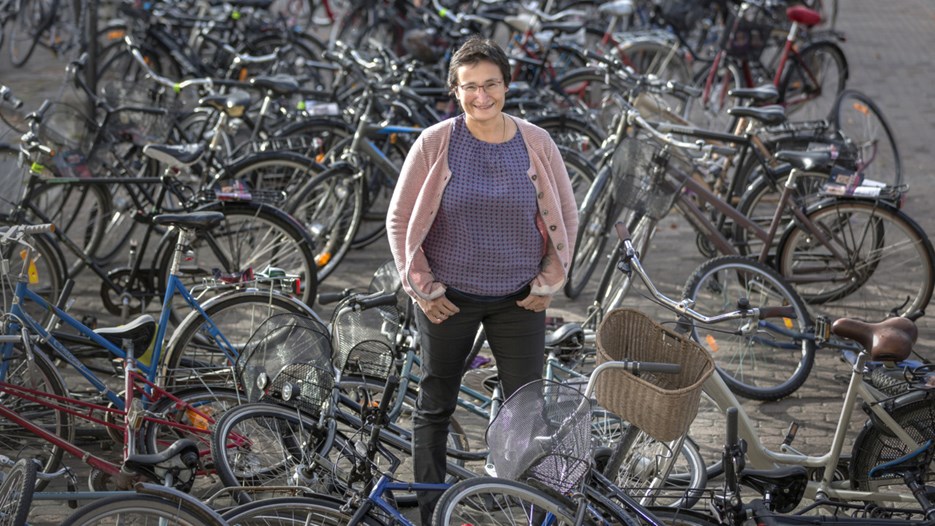Short biography – Virginia Dignum
Virginia Dignum is full professor at Umeå University, chair of the Social and Ethical Artificial Intelligence group. She is also associated with the Faculty of Technology Policy and Management at Delft University of Technology in the Netherlands.
Her research focuses on value-sensitive design of intelligent systems and multi-agent organisations, in particular on the ethical and societal impact of AI. She is a fellow of the European Artificial Intelligence Association (EURAI), a member of the European Commission High Level Expert Group on Artificial Intelligence, and of the Executive Committee of the IEEE Initiative on Ethics of Autonomous Systems. She is member of the scientific boards of the Delft Design for Values Institute, the AI4People - European Global Forum on AI, the Responsible Robotics Foundation, the SIDNfonds, and ALLAI-NL the Dutch AI Alliance.
In 2006, she was awarded the prestigious Veni grant by the NWO (Dutch organisation for scientific research) for her work on agent-based organisational frameworks. She is a well-known speaker on the social and ethical impacts of artificial intelligence, and is member of the reviewing boards for all major journals and conferences wthin AI. She has also chaired many international conferences and workshops, including ECAI2016, the European Conference on AI. She has published more than 180 peer-reviewed papers and edited several books, currently yielding a h-index of 30. From 2011 to 2017, she was vice-president of the Benelux AI Association (BNVKI).


